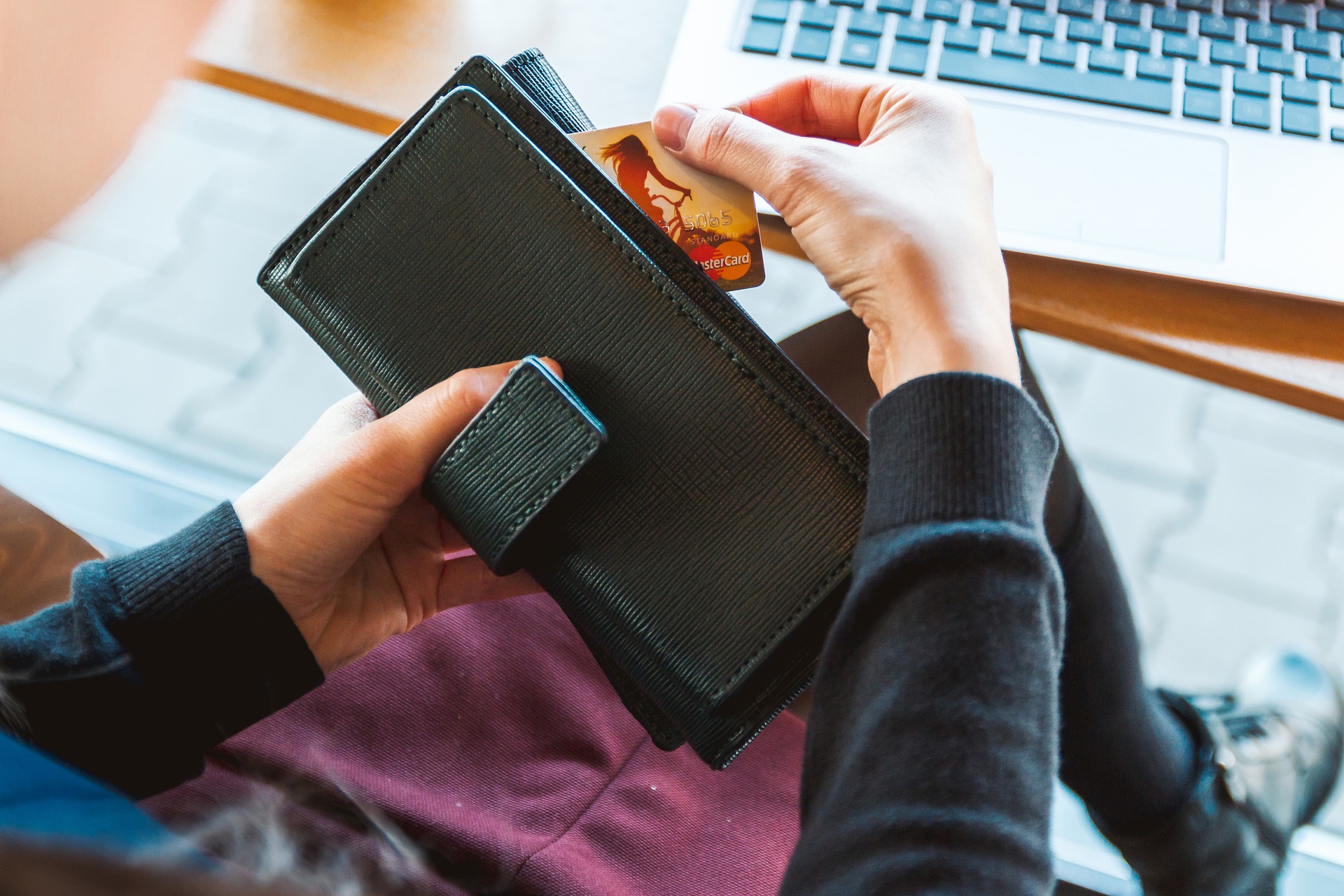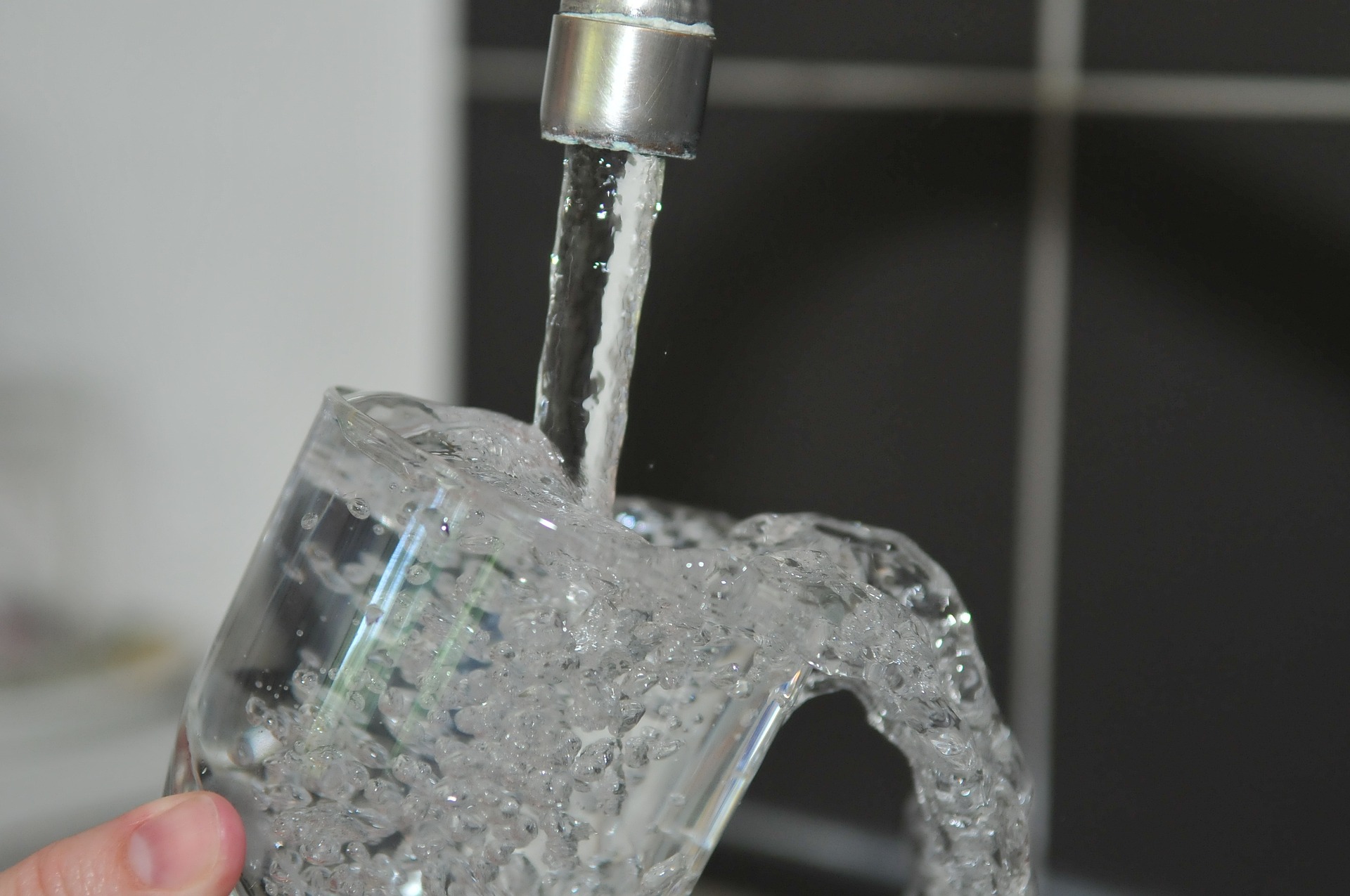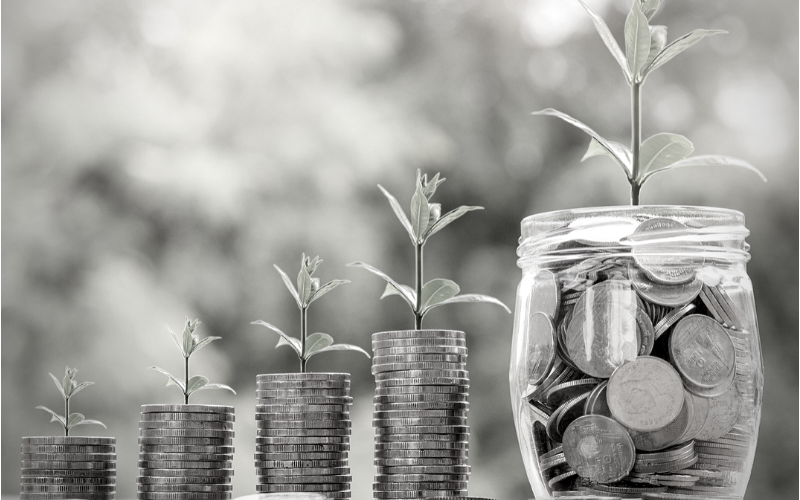We’ve all been there; payday is still out of reach and your bank balance is once again at an all time low. You reluctantly transfer money from your savings account and try not to think about the holiday or mortgage your supposed to be saving for.
Or perhaps you spent what was left of your savings last month, and now must hesitantly turn to a friend or family member for help.
Having no money can have a negative impact on your health and wellbeing. Thankfully, making your money go further is easier than you think. We have prepared a guide on how survive until pay day with our top ten tips.
1. Work Out Much Money You Have
To work out how much disposable income you have, the first thing to do is write a list of all your outgoings and essential bills such as rent, electricity etc. Also, add any other necessities to the list such as groceries and petrol. Add up everything on the list and take it away from your wage.
The money left over is your disposable income. Remember, this money is to last you a month (or week depending on how you are paid). If you are paid monthly, divide this figure by 4.5 to see how much disposable income you have for each week. Starting each month with an understanding of how much money you can spend will prevent you from overspending.
2. Avoid Your Bank Card
Once you know how much disposable income you have, withdraw a set amount of cash out of the bank to last you a week. If you are using cash rather than your card, you’ll be able to see exactly how much you’re spending and will know when your money is running out.
Leave your bank card at home so that you won’t be tempted to overspend. Carrying cash rather than your bank card prevents you from making unnecessary purchases.
3. Give Up Unnecessary Luxuries
If you are really struggling this month, look at what you can cut back on. Giving up the things you enjoy can be difficult, but it will be good for your overall health and wellbeing in the long run. Having no money and getting yourself into debt can seriously affect your mental health.
Perhaps stay in and find a good film on Netflix rather than spending £20 going to the cinema. Invite friends’ round to your house instead of meeting them at the pub. Cancel your gym membership and go for a jog in the park or do an at-home fitness workout.
4. Avoid The High Street Sale At All Costs
Window shopping when you have no money isn’t fun. Window shopping when you have no money and there’s a sale on is even worse! So, avoid the high street and if you do happen to stumble upon a sale remember that just because it’s cheaper doesn’t mean you are saving money!
5. Don’t Look For Shortcuts
We cannot stress this one enough, payday loans and short-term loans are never a good idea (seriously, never!). If it seems too good to be true – it usually is.
Although it may seem tempting, borrowing from a loan provider will only put you in more debt. You will end up trapped in a frustrating circle of borrowing money and never managing to pay it back. Owing money to loan providers can affect your mental health and wellbeing.
6. Stop Buying Shop-Bought Lunches
That £3-£5 per day you spend on lunch really adds up. Instead of buying your lunches every day, make a packed lunch. Also, try to cook in bulk. Prepare a meal such as Lasagne or Chilli, this way you can freeze it and it will last you the week.
7. Drink More Tap Water
If you’re the type of person who loves a freshly brewed coffee or an iced latte, you won’t like this one. But swapping takeaway coffees and fizzy drinks for tap water will save you more money that you think. Drinking more water is also better for your health and wellbeing.
8. Sell Your Unwanted Things
Having a wardrobe clear out is always a great idea, especially when you’re strapped for cash. That jacket you love but never wear, the designer scarf that was a gift from someone who clearly doesn’t know your taste… get them on eBay!
You’d be surprised at how easy it is to make a few quid by flogging your unused clothes or items. As well as bringing in some extra cash, having a clear out is also great for your health and wellbeing as it can shift your mindset and help you feel calmer.
9. Spend Your Reward Points
Whether it’s a Tesco Clubcard, a Nectar card or a Boots card; most of us are part of a loyalty scheme. When you’re running low on cash, put your rewards to good use and spend them on essentials such as food and toiletries.
10. Explore Saving Opportunities
If you feel like you are constantly waiting for pay day, it usually means you are spending above your means. One way to combat this is by shopping around for cheaper deals.
For example, is your mobile contract too high each month? If so, it might be work looking for a new one at a cheaper price. When shopping for a mobile phone contract, be sure to opt for a capped contract, this way you cannot go over your monthly allowance and there won’t be a surprising bill at the end of each month.
The same goes for your broadband deal, shopping around and switching to a better deal can save you a lot of money in the long run. Small changes like this can make a huge difference to your bank balance, and your overall health and wellbeing.
Get In Touch With The Health and Wellbeing Experts
If you want to find out more about ways you can save money and improve your wellbeing, simply contact Wellspace today. You can email us on info@yourwellspace.com or give us a call on 0808 178 0748.
Wellspace are the leading experts in workplace wellness.










